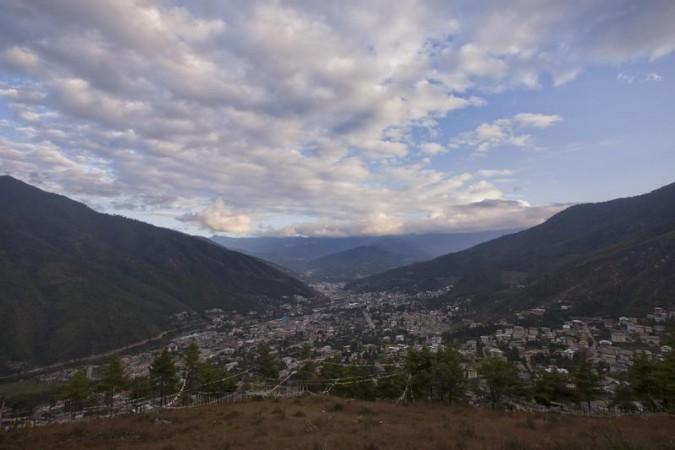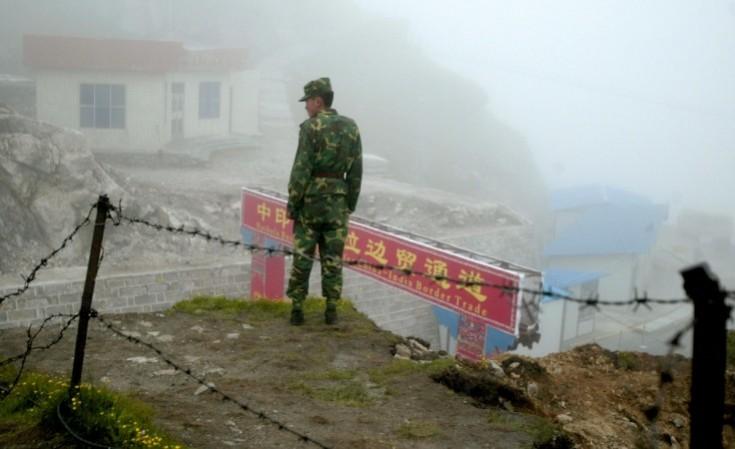China is constructing villages in disputed Bhutan territory, which is less than 30 km from the trijunction Doklam plateau, sources said.

The revelation came after high-resolution satellite imagery surfaced with the security establishments.
Sources said the Chinese villages within the disputed territory in Bhutan are likely to be used for both military and civilian purposes.
Doklam plateau was in limelight in 2017 when the Indian Army and the Chinese People's Liberation Army (PLA) were locked in a bitter standoff for over 70 days. The Chinese had to finally retreat from the area after the Indian troops contested the plateau.
Doklam is an area of 100 sq km comprising a plateau and a valley at the trijunction between India, China, and Bhutan. The plateau is circled by the Chumbi Valley of Tibet, Bhutan's Ha Valley, and India's Sikkim.
In 2017, China was carrying out infrastructural development work at Doklam, to which India had objected. China then claimed that there was a boundary dispute between Bhutan and China and to which India had no claims.

However, India refused and stood its ground, matching the deployment of the Chinese troops for 73 days.
The standoff was triggered by China saying that it was constructing a road within its territory. This was disputed by India, which said that the site of the Chinese road construction was Bhutanese territory.
Last year in October, China and Bhutan had signed a pact on a three-step roadmap to resolve their boundary disputes. India in its response had said, "It has noted the development."
Boundary negotiations between Bhutan and China began in 1984 and the two sides have held 24 rounds of talks and 10 rounds of meeting at the expert group level.
The negotiations, which were conducted in a spirit of understanding and accommodation, have been guided by the 1988 joint communique on the guiding principles for the settlement of the boundary and the 1998 agreement on the maintenance of peace, tranquillity, and status quo along with the Bhutan-China border areas.
Earlier, Bhutan had objected several times to Chinese intrusion into their land.

















